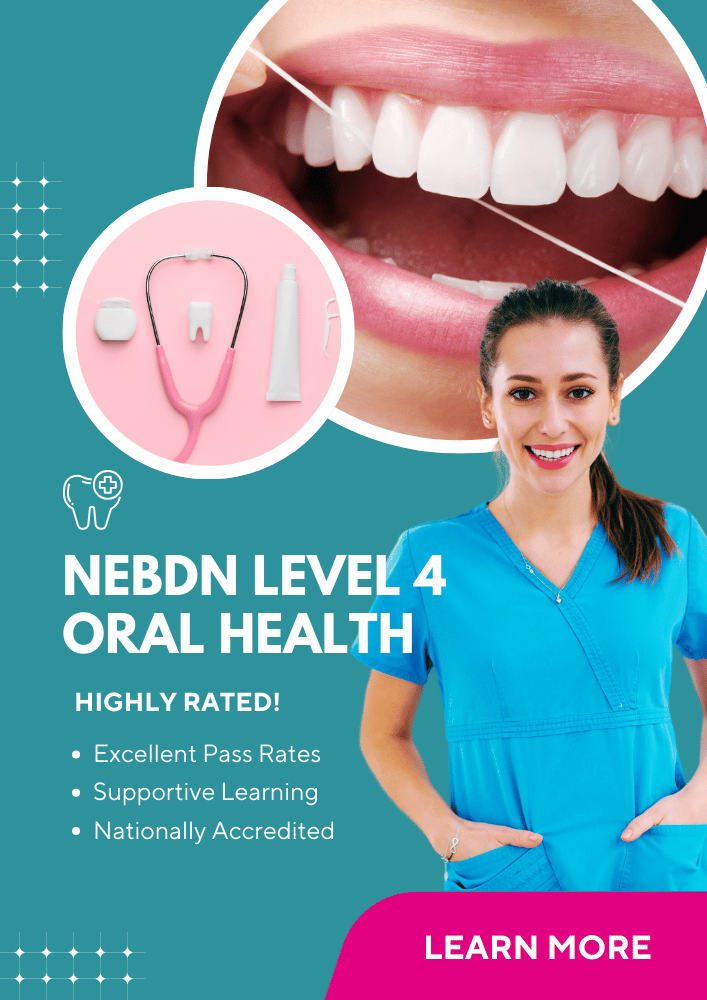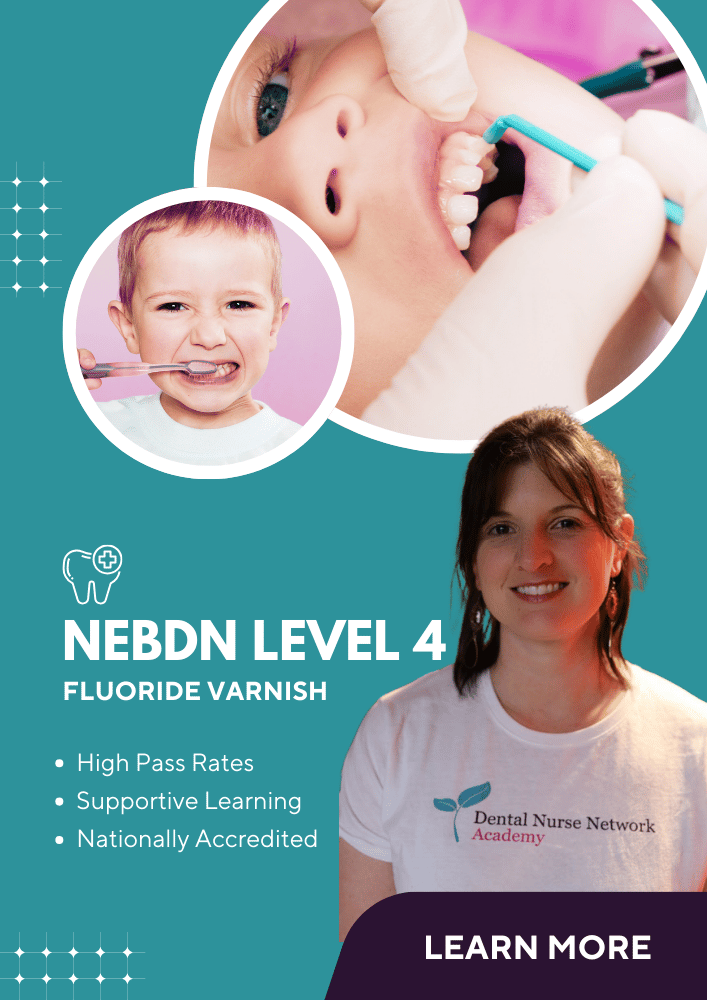![]() New data reveals potential devastating impact on head and neck cancer patients.
New data reveals potential devastating impact on head and neck cancer patients.
At the peak of the first lockdown, there was a 59% drop in urgent referrals for people with a suspicion of head and neck cancer.
Devastating impact on projected five-year survival for people with head and neck cancer.
Pre-COVID projected 5 year survival of 47% will potentially drop to 43% of head and neck cancer patients.
This could lead to an additional 451 deaths in people with head and neck cancer.
A leading head and neck cancer charity is warning that hundreds of people are potentially at risk of dying unnecessarily over the next five years if the Government does not get a grip of how to treat people with other life-threatening illnesses alongside COVID-19.
New data, from DATA-CAN: The Health Data Research Hub for Cancer and collaborators on behalf of the Swallows Head and Neck Cancer Charity, has shown that progress in projected five-year survival from head and neck cancer could be set back significantly and have a devastating impact on patients. It could potentially lead to an additional 451 deaths as a direct and indirect result of COVID-19.
The statistics have sadly been backed up by families who have experienced first-hand the effects of losing a loved one to head and neck cancer during the current pandemic.
Mark Jordan, lost his lifelong friend and work colleague, Roger, 60, a plumber from Blackpool, to mouth cancer, just before Christmas. “In February 2020, Roger started feeling a dull pain towards the back of his mouth, so he booked a dentist appointment. He was seen and referred to Blackpool Victoria Hospital, where he had an X-ray mid-March, just before lockdown. Roger had a dental follow-up check cancelled during the first lockdown. He was still in pain and chased up the results but was told all non-essential consultations were on hold. The pain was getting worse, so he went to A & E twice.
“While X-rays were taken, he wasn’t seen as a priority and didn’t get answers. By August, he could feel a lump the size of a thumbnail in his mouth. At the start of September, he finally got an appointment with a plastic surgeon at the Royal Preston Hospital. Scans showed he had an aggressive tumour. In September Roger was diagnosed with advanced mouth cancer and told he had just 6 weeks to live. “We will always wonder if the pandemic hadn’t happened and Roger had received his treatment on time he would still be here”.
Chris Curtis, Founder Swallows Head and Neck Cancer Charity said, “The impact of coronavirus on all head and neck cancer patients is alarming. In 2020, there was a drastic reduction in suspected head and neck cancer referrals compared to 2019 figures. If this continues, it could have a devastating effect on five-year survival rates and potentially lead to hundreds of extra deaths. We are also seeing additional deaths like Roger that might have had a different outcome if they received their treatment without delays and cancellations due to COVID-19.”
Over the course of the UK lockdown between March and May 2020, DATA-CAN and partners collected and analysed ‘real-time’ data from UK cancer centres. These data provided a valuable insight into the effects of the COVID-19 pandemic on all cancer patients and cancer services. The research found:
A decline in urgent referrals for cancer (70 per cent decrease) during the initial lockdown
A decline in chemotherapy attendances (40 per cent decrease) during the initial lockdown
For certain cancers, these declines had only partially recovered.
The researchers have now looked in detail at the impact on head and neck cancers and found that, at its worst, there was a drop of nearly 60 per cent in urgent referrals for a suspicion of head and neck cancer during the first lockdown. This meant that 6 out 10 people who had symptoms potentially indicating head and neck cancer were not being referred to a specialist to investigate further.
Estimates suggest that this could have a devastating impact on five-year survival for people with head and neck cancer. Pre-COVID, around 47 per cent of people with head and neck cancer would be projected to survive for five years or more. This figure could now drop to 43 per cent which could potentially lead to an additional 451 deaths in people with head and neck cancer as a result of the pandemic.
Professor Mark Lawler, DATA CAN’s scientific lead and Professor of Digital Health at Queen's University Belfast, said, “Our research shows that there have been significant diagnostic and treatment delays as a result of the COVID-19 pandemic for people with all cancers and the data we show today for head and neck cancer is particularly worrying. Whilst we have seen some positive recovery in urgent referrals and chemotherapy appointments, it may be that just getting back to pre-COVID-19 levels will not be enough. We may need to be operating at 130 per cent of pre COVID-19 levels to address the backlog, the missing diagnoses, and the delayed treatments for people with cancer. We’ve done so well to improve cancer outcomes in the UK in the last decade. Let us make sure that 10 years progress isn’t wiped out in 10 months.”
Consultant Oral Maxillofacial Surgeon and Mouth Cancer Foundation Ambassador, Mahesh Kumar, who works at Northwick Park Hospital, London added “We saw a drop in cases during the lockdown months, and I now have patients who are presenting at a more advanced stage, (stage 4), of the disease, which is far more distressing for everyone. We will not know the full impact for a few years, but I imagine the statistics for head and neck cancer deaths will keep rising.”
INTERVIEWS, VIDEO & IMAGES AVAILABLE
Chris Curtis – Survivor & Founder Swallows Head and Neck Cancer Charity
Mark Jordan – Lifelong friend of Roger Maymann who passed away from mouth cancer in December 2020.
Professor Mark Lawler – DATA CAN’s scientific lead and Professor of Digital Health at Queen's University Belfast
Mahesh Kumar, Consultant Oral Maxillofacial Surgeon and Mouth Cancer Foundation Ambassador, works at Northwick Park Hospital, London
To set up an interview and for more information please call
+44 (0) 7779 169 833
Or This email address is being protected from spambots. You need JavaScript enabled to view it.
For general press enquiries, please contact:
Chris Curtis
+44 (0)7779 169 833
This email address is being protected from spambots. You need JavaScript enabled to view it. or This email address is being protected from spambots. You need JavaScript enabled to view it.
Swallows Head and Neck Cancer Charity – www.theswallows.org.uk
The Swallows Charity supports all people affected by head and neck cancers, patients, caregivers, friends, or relatives. The patient is the focus for support, help and signposting, however the role of caregiver and others is vital too, with their own support needs often overlooked. It is our intention for every person affected by head and neck cancer to have access to support at the point they need it and by the method off their choice on a 24/7 basis. This could be by telephone, email, or social media.
The Swallows Charity have expanded our global reach and provide resources to enable 24/7 support to be freely available to all people affected by head and neck cancers.
Mouth Cancer Foundation – www.mouthcancerfoundation.org
The Mouth Cancer Foundation is a registered charity no. 1109298.
The Mouth Cancer Foundation is a charity dedicated to raising awareness and support for those suffering from or at risk of mouth cancer, throat cancer and other head and neck cancers, as well as providing assistance and information on living with mouth cancer for families, friends and carers. The promotion, protection and education of good health is key to raising awareness of mouth cancer. The charity aims to inform the public about the signs, symptoms, facts and figures and key causes of mouth cancer. Know what increases your risk of getting the disease including information on HPV, alcohol and smoking.
DATA CAN - www.data-can.org.uk
DATA-CAN is the UK’s Health Data Research Hub for Cancer, making high quality health data more accessible for cancer researchers and health professionals, to help improve cancer services and patient outcomes.
In the UK, over 400,000 new cases of cancer are diagnosed each year, with one in two people facing a cancer diagnosis in their lifetime. A lot of health data about each and every one of us is collected, but this data is not always quick and easy for researchers to find, access and analyse.
Better access to quality health data can help researchers develop improved cancer treatments, support the NHS to make positive changes to cancer services and give patients faster access to clinical trials. Improving access to cancer data for research is crucial to improving cancer services and outcomes for cancer patients.
DATA-CAN is a UK wide partnership of six founding organisations - Genomics England, IQVIA, Queen’s University Belfast, The Leeds Teaching Hospitals NHS Trust, UCL Partners, University of Leeds.
Data referred to in this work were contributed by:
Prof Mark Lawler, DATA-CAN: The Health Data Research Hub for Cancer and Queen’s University Belfast
Prof Clare Turnbull, Professor of Translational Cancer Genetics, Institute of Cancer Research
UCL Institute for Health Informatics
Carnall Farrar (CF)



